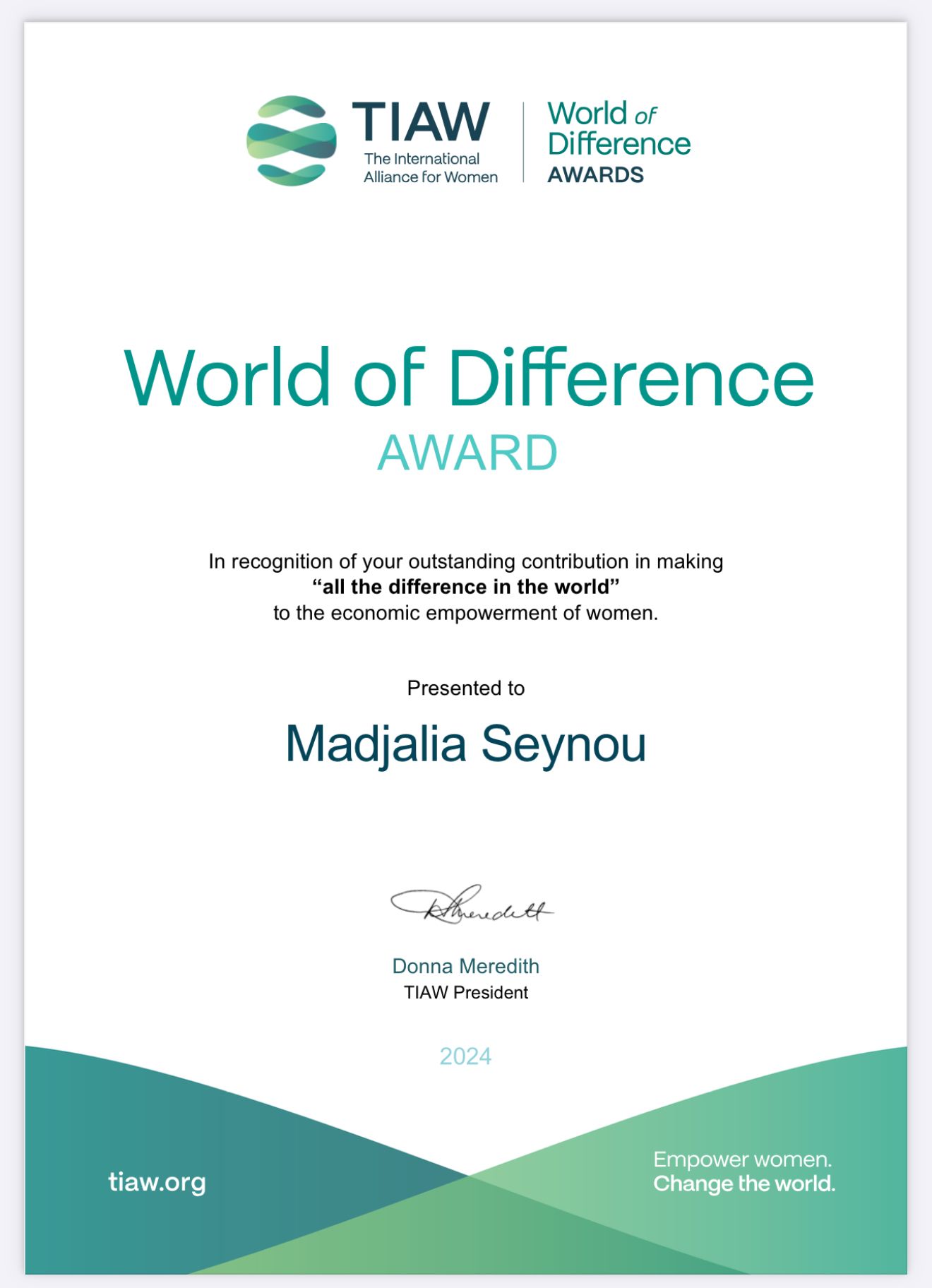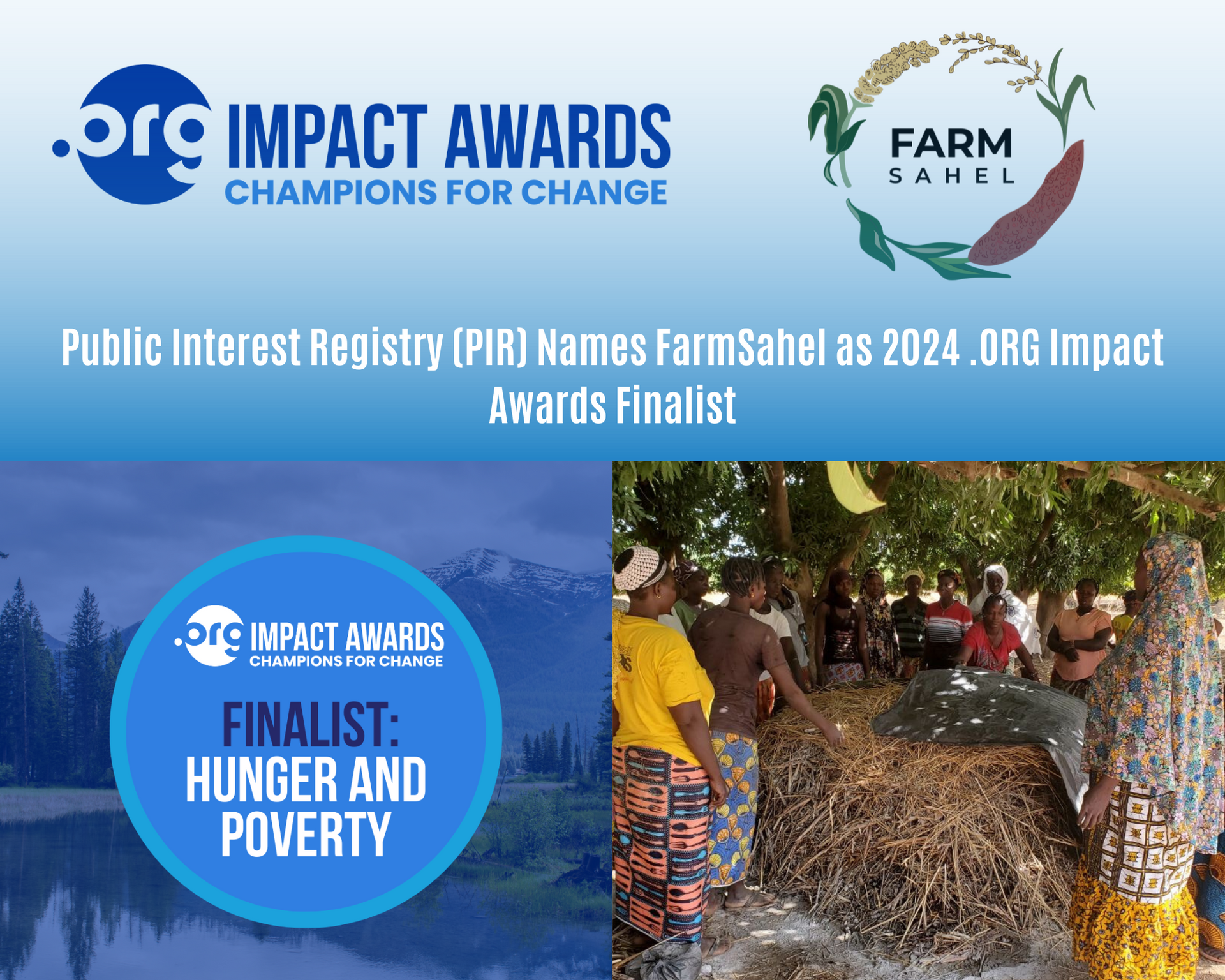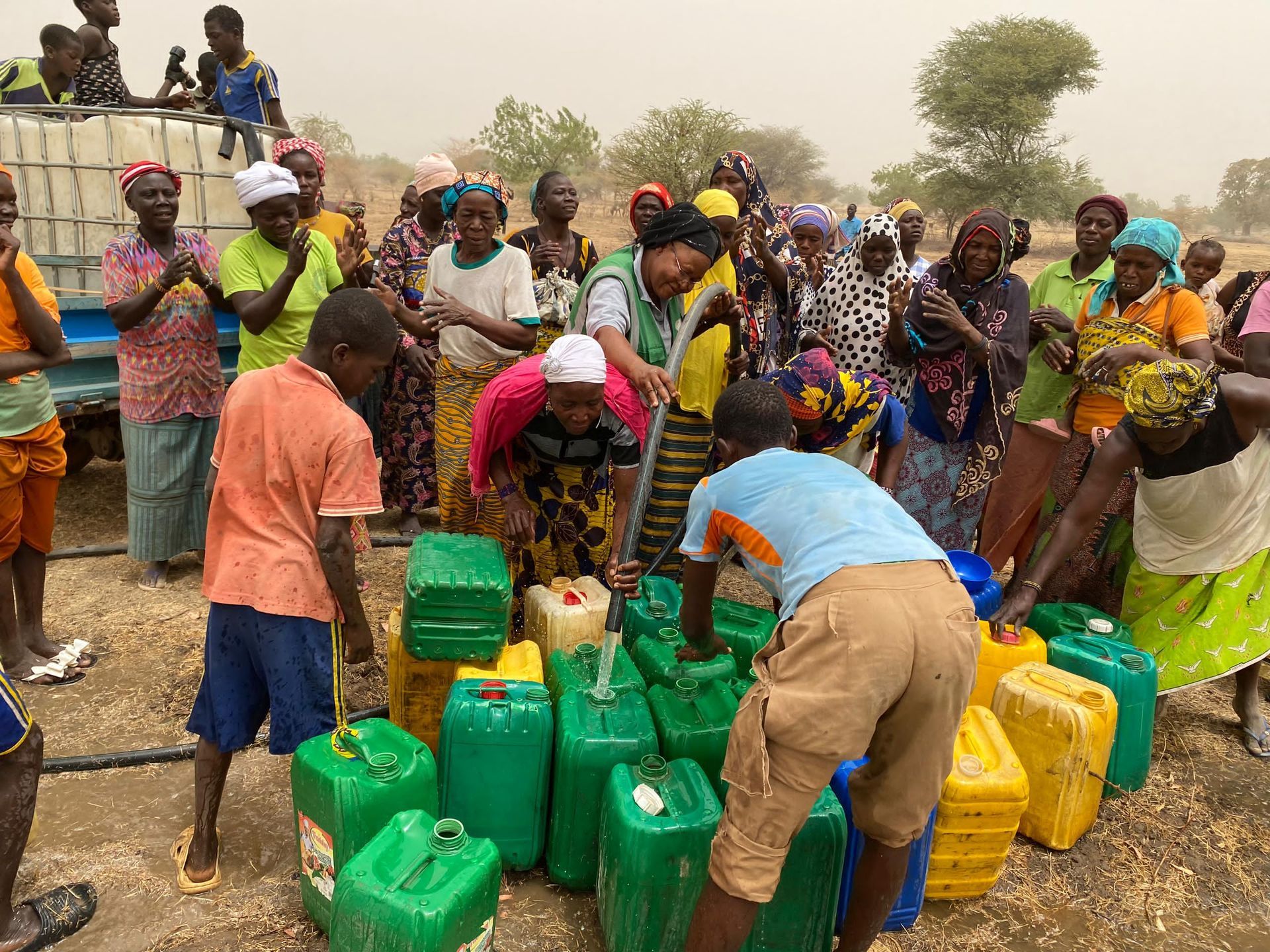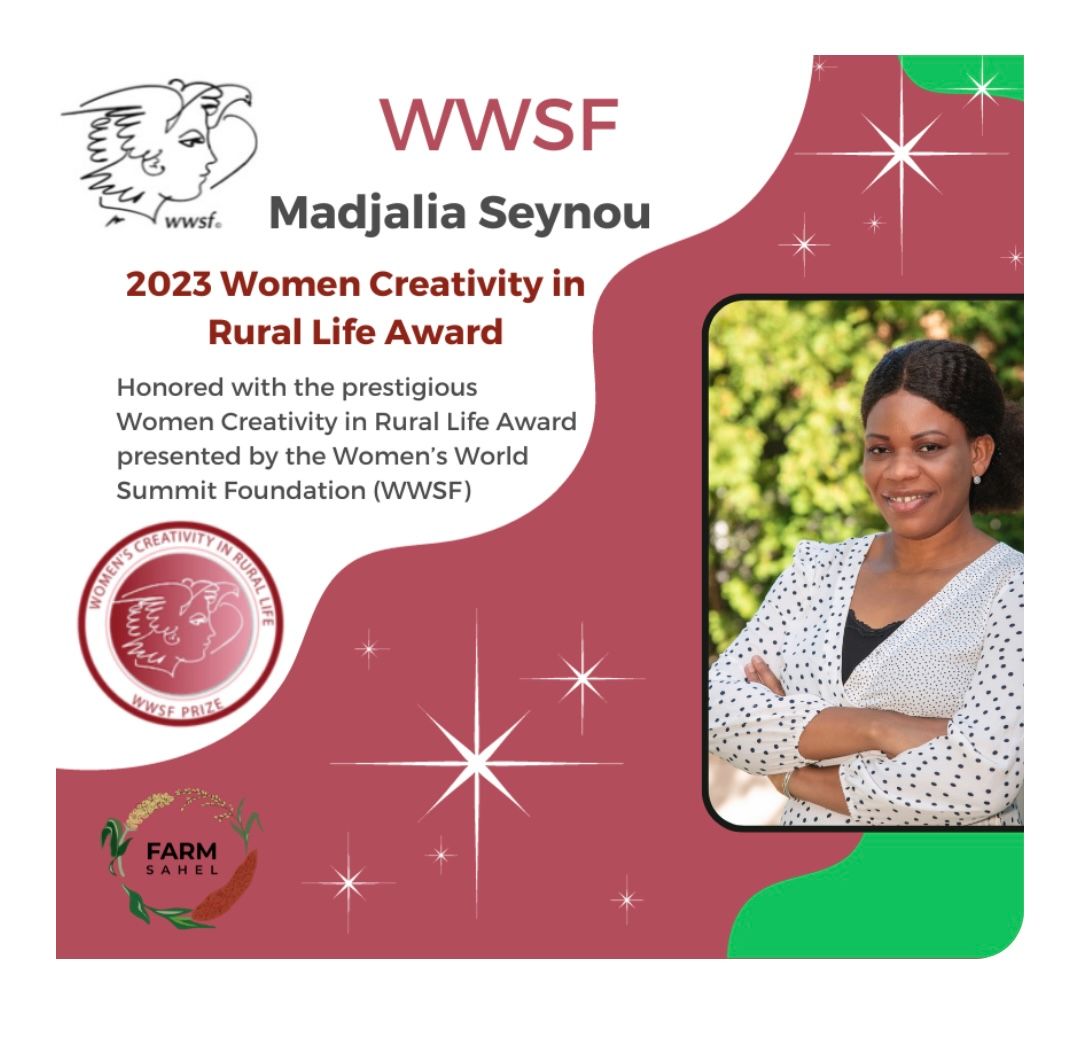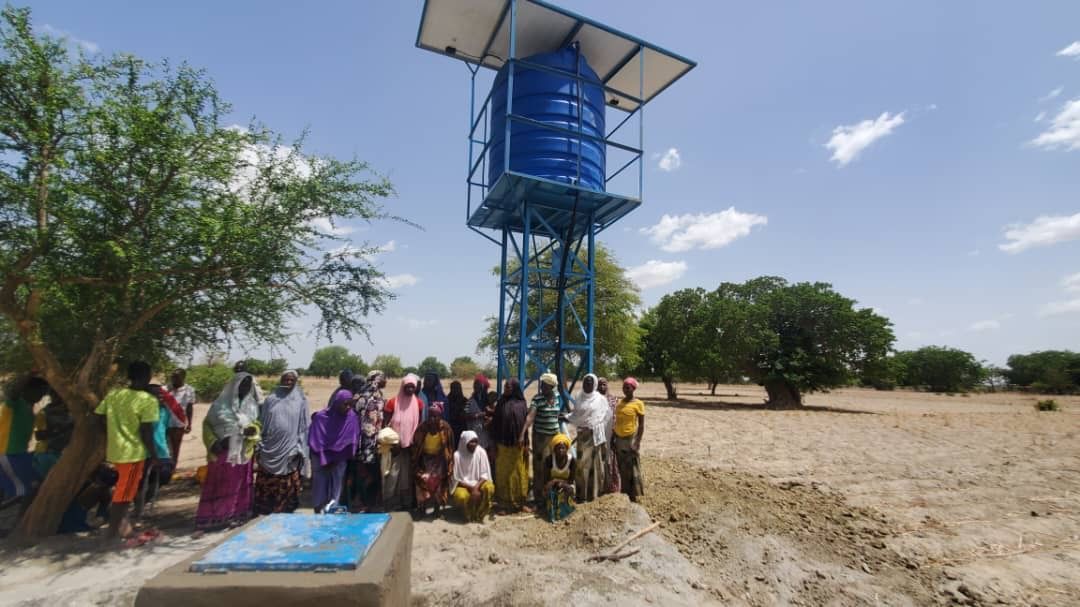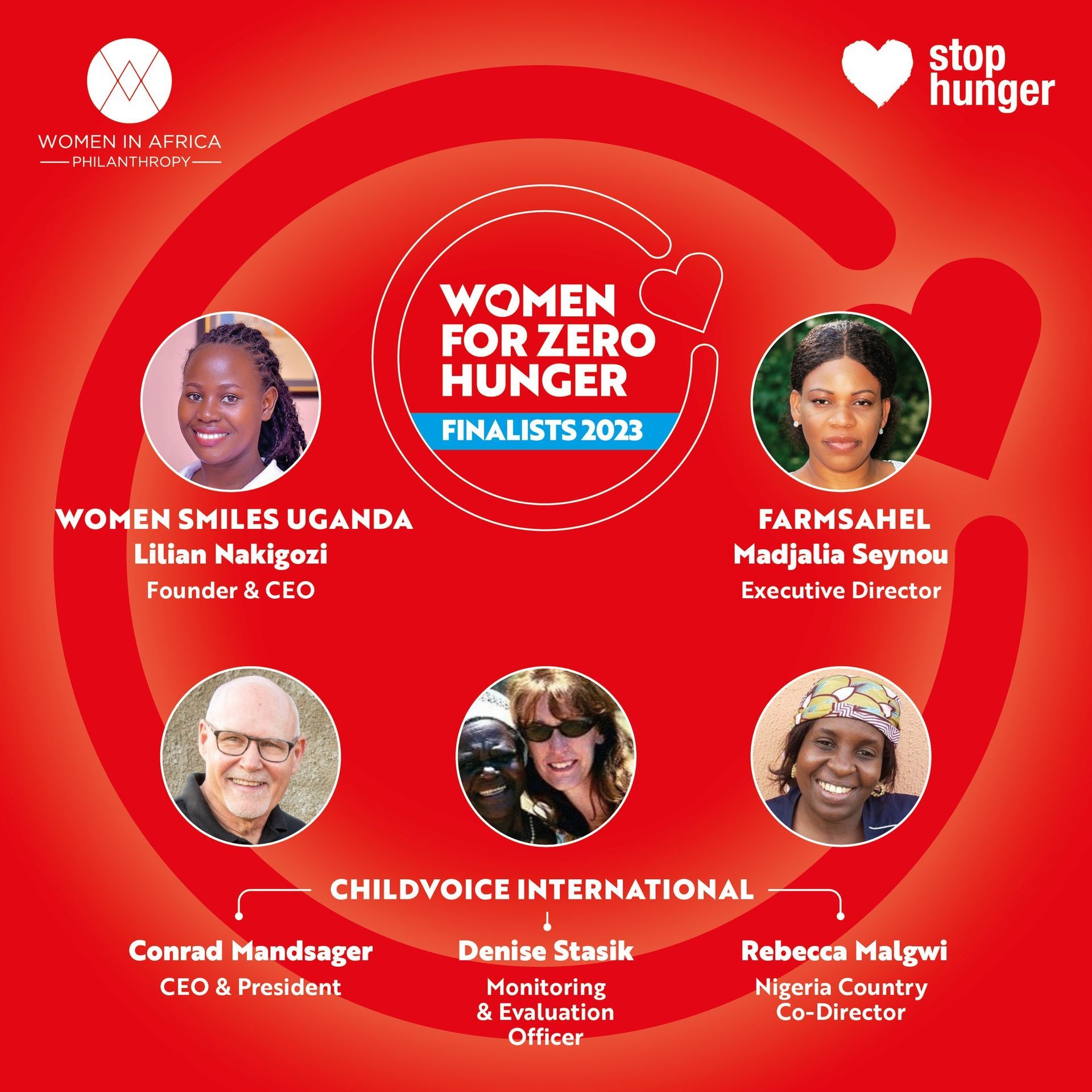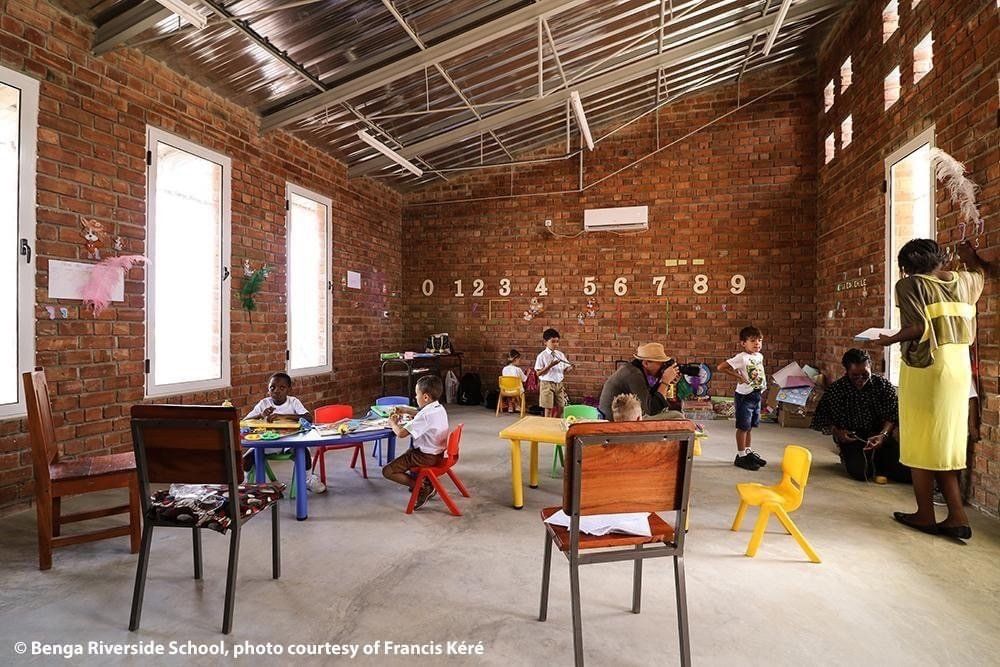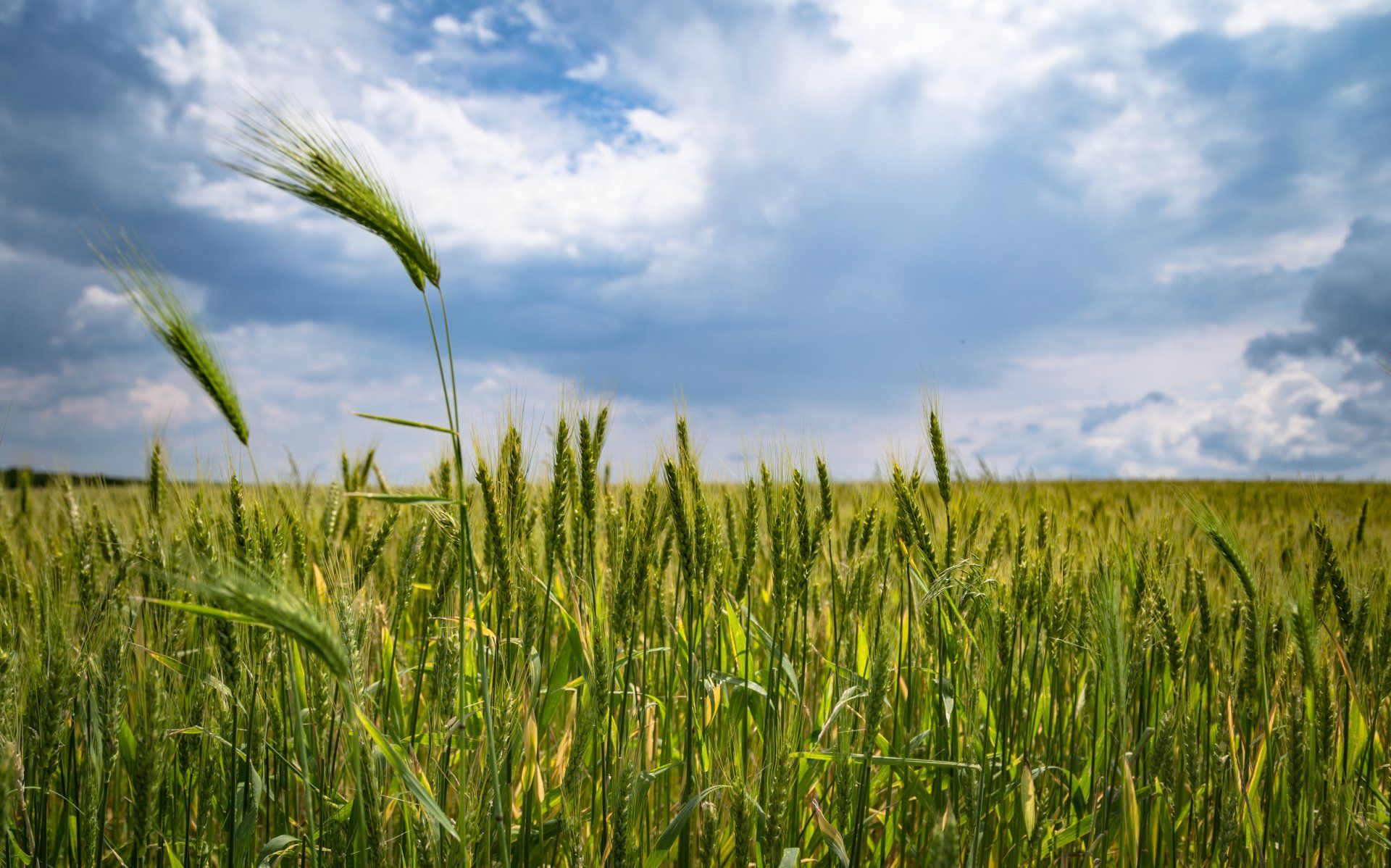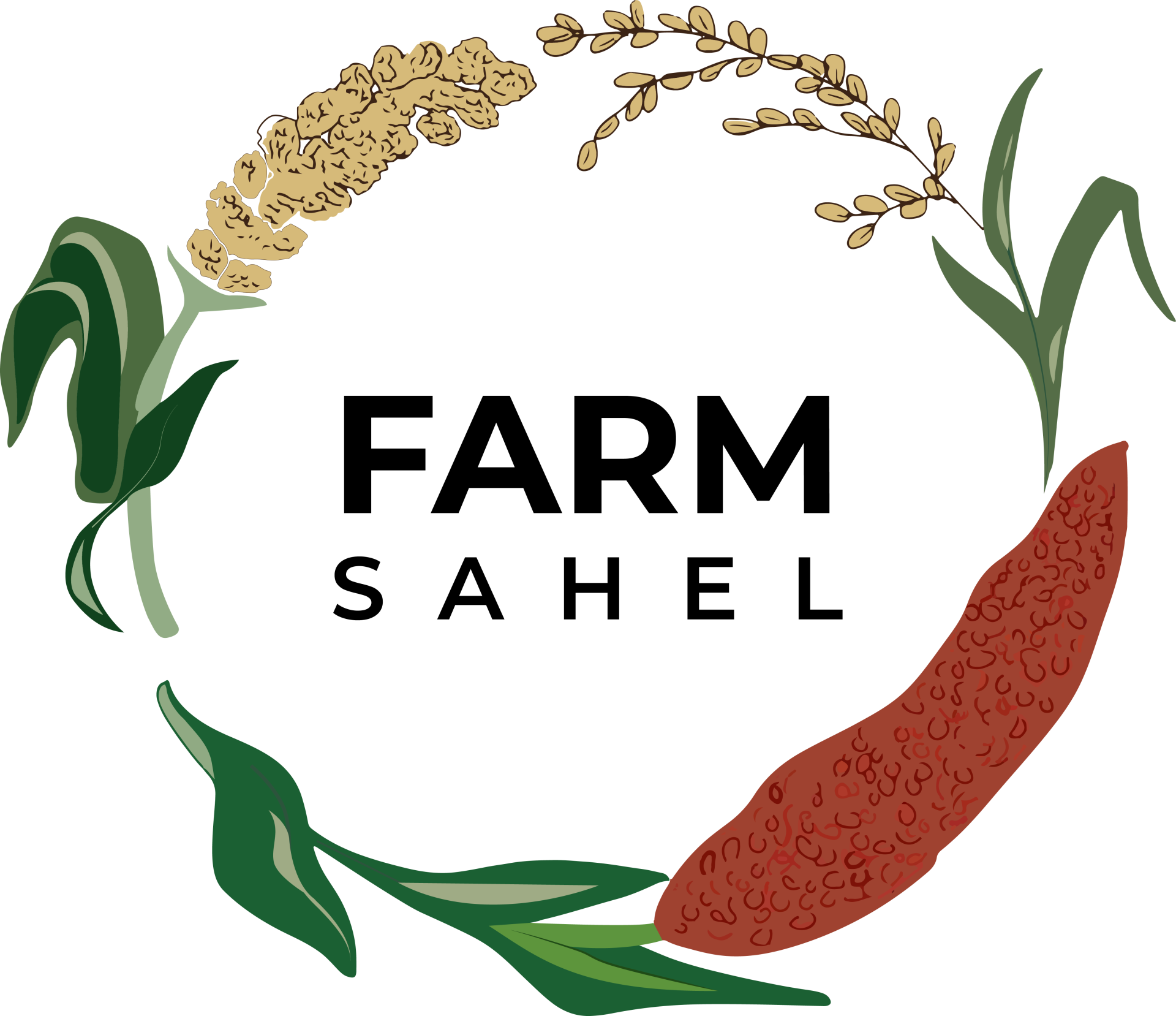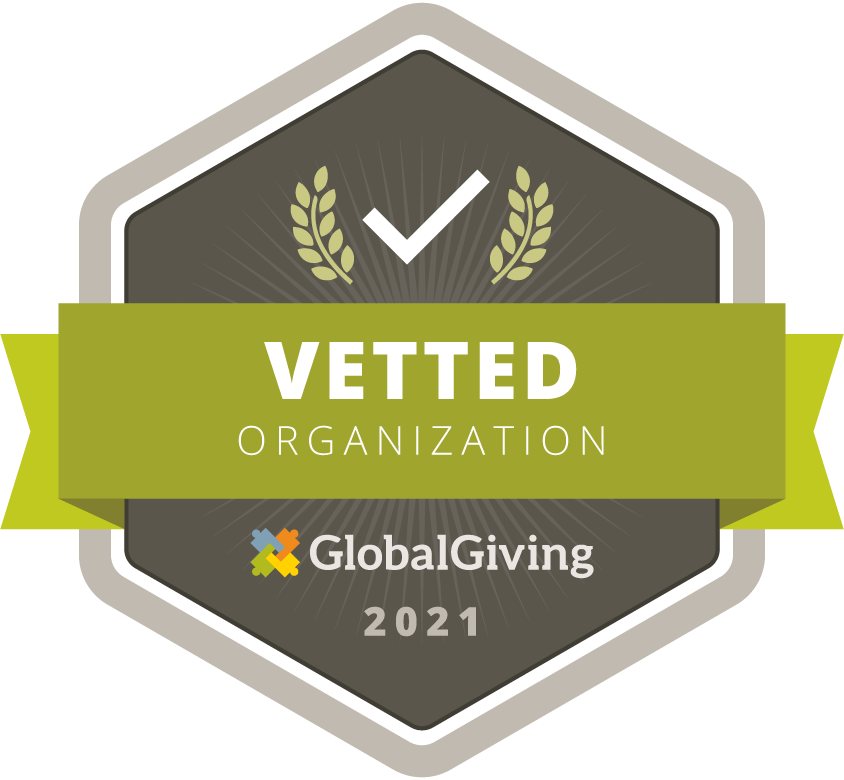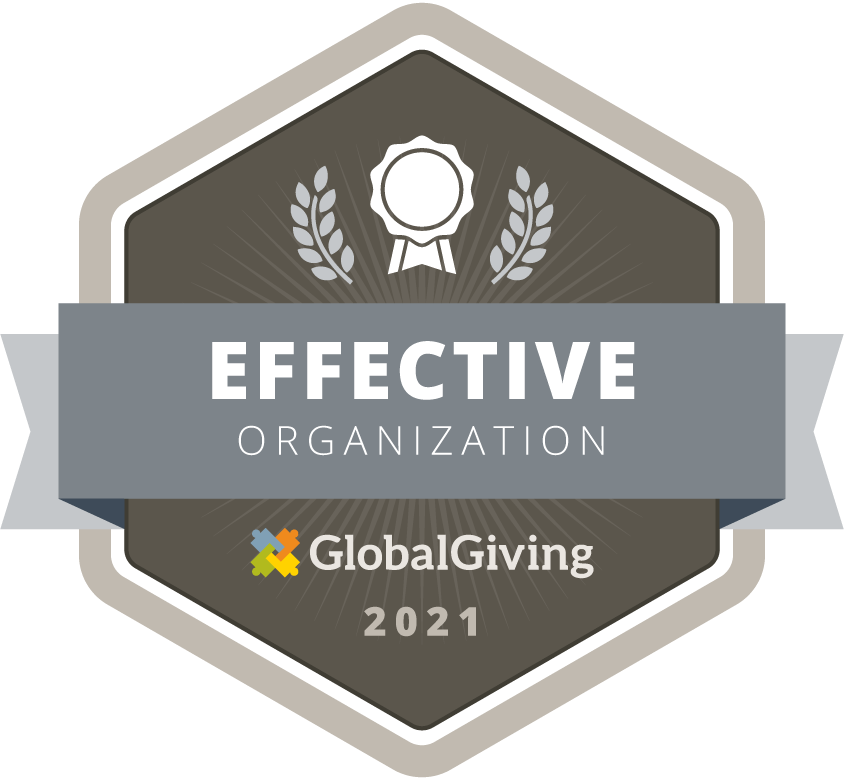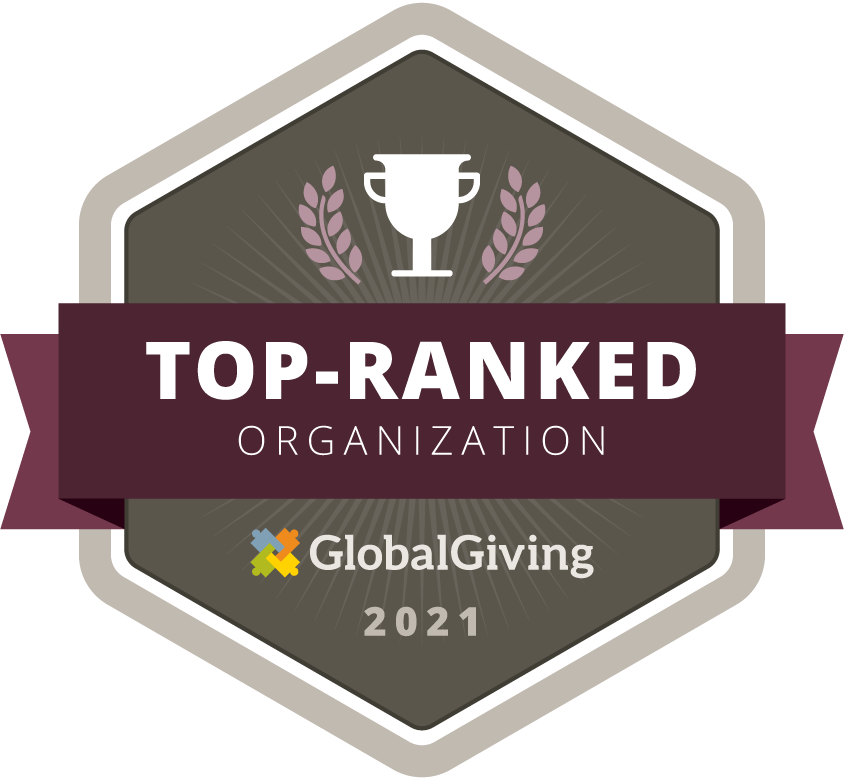Burkina Faso’s Exploding Humanitarian Crisis
“Burkina Faso is on fire and the deadliest epidemic right now is the widespread violence against civilians,” Manenji Mangundu said in an interview, the Country Director for the Norwegian Refugee Council. Burkina Faso has reached a devastating crescendo as one of the largest growing humanitarian disasters last year. Over one million people have been forced to flee the comfort of their homes in order to protect their lives. These attacks are mostly perpetrated by extremist Islamist groups such as Al-Qaeda and the Islamic State. While most of the terror has been concentrated in the north, it is slowly starting to spread throughout the country.
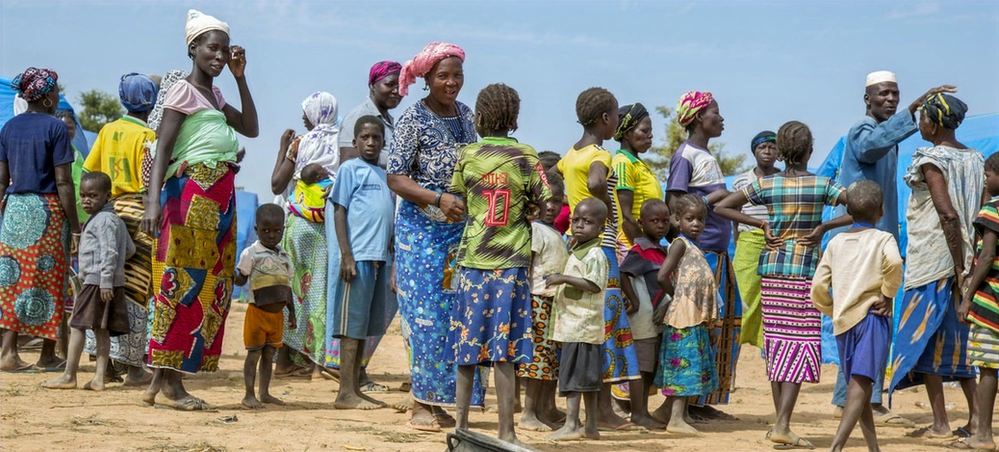
In January 2019, 87,000 people were internally displaced. As of August 2020, over one million people have been internally displaced within Burkina Faso. These unprecedented levels of displacement came as the coronavirus shook the world. Extremist groups frequently targeted hospitals, further hindering any sort of coronavirus protections attempted by local officials. These terror groups have also targeted schools, burning down over 16 schools between July and August of 2020, leaving 3,000 children without the infrastructure to learn.
Unfortunately, there have been atrocities committed on the other side of the spectrum as well. A 2019 law criminalized aspects of reporting on security forces’ operations. This precedent had a chilling effect on freedom of the press and human rights defenders. In 2020, it was revealed that the Burkinabé security forces were committing extrajudicial killings. This report led to other journalists being harassed for their reporting on the security forces. The sheer number of people has made the situation even more difficult for the Burkinabè security forces and the Burkina Faso government.
Many individuals who are suspected of being sympathetic to extremist organizations are being held in jail without trial due to the lack of defense attorneys. Further, the rapidly increasing number of displaced people has made federal aid virtually impossible to get. When it used to take just one week for displaced families to receive shelter and food, it is now taking over a month. As more people are displaced and with crumbling infrastructure to supply aid, more families are going hungry. In some parts of Burkina Faso, people are resulting to eating leaves or walking over 40 kilometers to a nearby town to find food, only to see prices skyrocketing.
One rural farmer named Mohammad fled his farm with his family due to violence. He said, “Here in Ouahigouya there is no assistance. Back home in Kombri, we have enough to feed ourselves but at risk to our lives.” It has been reported that one in ten people are food insecure in the country. At least 372,000 children under five and 88,500 pregnant or nursing women and girls are acutely malnourished in the Sahel.
The international community is taking some steps to help alleviate the devastating terrorist events unfolding in Burkina Faso. The European Parliament issued a statement denouncing the extrajudicial atrocities allegedly perpetrated by the Burkenabè security forces. They also allocated 4.5 billion euros in budget support for the G5 Sahel countries. In June 2020, France launched the International Coalition for the Sahel to coordinate among the G5 Sahel countries. France is also providing military training to troops and supporting security operations in the Sahel for counterinsurgency. The United States has trained over 3,000 Burkenabè soldiers and provided $2 million in counter-IED training programs. The US also allocated $5 million in anti-terrorism funding to help develop the investigative capacities of law enforcement for complicated terrorism cases. Lastly, the United Nations Office of High Commissioner for Human Rights committed to strengthening its presence in Burkina Faso. Further, in June 2020, with the increase in attacks on schools and the killing of children, the UN Secretary general, stated that Burkina Faso is, “a situation of concern for the UN’s monitoring and reporting mechanism on grave violations against children during armed conflict.”
While these are helpful measures that do go a long way, it is not enough. There are hundreds of thousands of families going hungry in Burkina Faso, foraging for anything to eat, and walking kilometers for clean water. FarmSahel is committed to continuing to train rural farmers. This will not only allow these farmers to grow greater yields for their families but also sell them at markets for other farmers who were displaced by the violence. FarmSahel is also quickly trying to allocate funding for a crucial well that will supply the area with guaranteed fresh water. It is small non-profits like FarmSahel that are making the most impact on the suffering families of Burkina Faso and it is the small donations that add up to the most change.
https://reliefweb.int/report/burkina-faso/record-one-million-displaced-violence-burkina-faso-amid-covid-19
https://www.hrw.org/world-report/2021/country-chapters/burkina-faso#
https://www.nrc.no/news/2021/september/burkina-faso-275.000-displaced-since-april/
https://reliefweb.int/report/burkina-faso/burkina-faso-conflict-displacement-and-impact-civilians-dg-echo-ingos-media-echo
https://apnews.com/article/ouagadougou-africa-burkina-faso-2434e8f754921f44140509249bfc48b5
https://apnews.com/article/africa-west-africa-burkina-faso-ouagadougou-7fa48ec67ed880a3f621781c0f33c467
